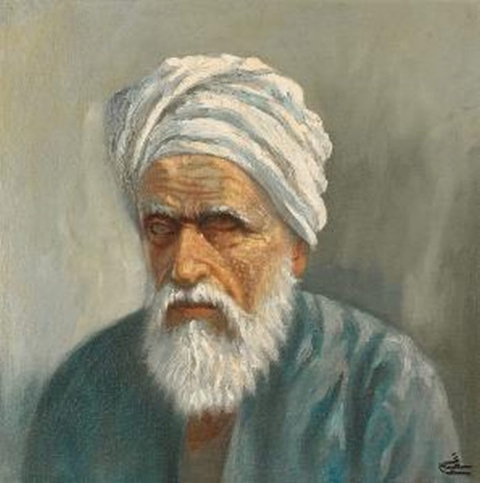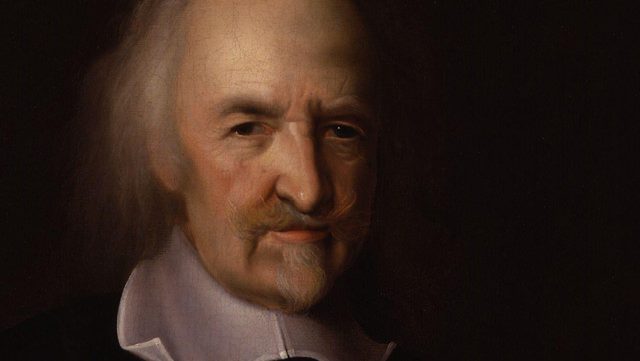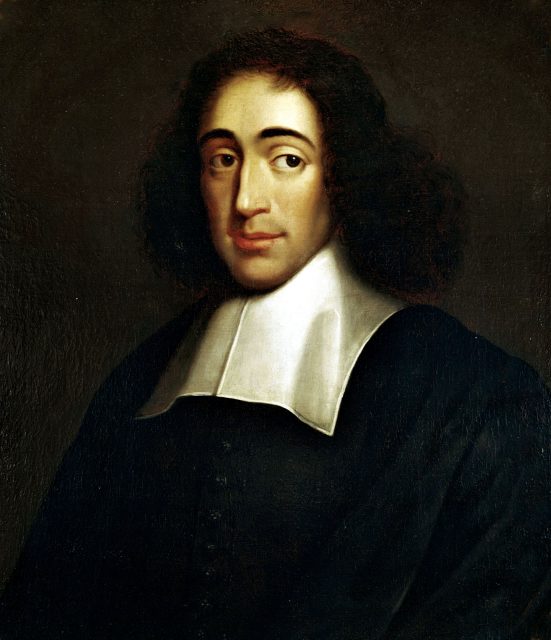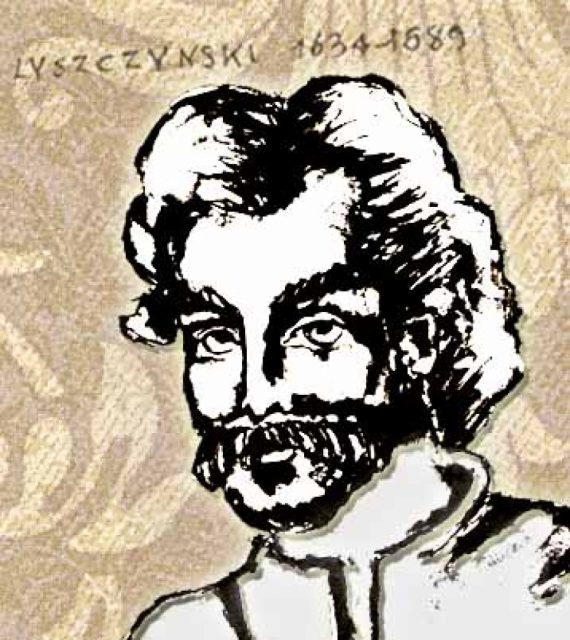Skepticism, a short uncertain story (8): Do you have a brain or a religion?

As you can imagine from the reading of the previous entries, it was by no means an easy task to transform skepticism into a weapon against religious belief. This does not entail that criticisms of religion tout court had failed to exist before, say, the late Modern Age. Not to mention again our adorable Greeks, in the Middle Ages there was a fistful of Arabic thinkers that seemed not to be happy at all about the supposed truth of Islam. For example, the Syrian poet and philosopher Al-Maʿarri (born near of Aleppo by the end of the 10th century) criticized religion and their sacred Scriptures for being just a collection of idle tales and legends, but mainly criticized believers for accepting the dogmas of religions without submitting them to the scrutiny of reason; he even wrote that “the inhabitants of the earth are of two sorts: those with brains, but no religion, and those with religion, but no brains.” As many of the people we shall meet here, Al-Maʿarri was not an atheist strictly speaking, for he didn’t deny the existence of god though he probably thought of the divine as an impersonal being, and he did explicitly reject the afterlife. Two almost contemporaries of Al-Maʿarri were the Persians al-Rawandi and al-Warraq, with similar views on the irrationality of most religious beliefs. Curiously, ‘Ibn Warraq’ has been the pseudonym recently chosen by the occult author of the famous book from 1995, Why I am not a Muslim.
But in the West, open criticisms to the Christian Bible had to wait for centuries. This does not mean that the Bible had been read in a totally uncritical way, blindly assuming its literality. Church fathers and theologians had assumed that the Bible words are usually allegoric, containing a transcendent meaning for which the literal one was often not of the highest relevance. It was also patently clear for the connoisseurs that the Scripture contained some blatant contradictions (e.g., three of the four gospels say the Last Supper was on Thursday, but John’s claims it was on Wednesday), and that Jesus himself talked to his disciples in parables, so many of the other things the Bible says could be ‘parables’ of a kind. But, besides these marginal and very technical reasons for suspecting that not all of the Bible text could be literally true, the fact is that most of what it says was assumed ‘by default’ as… well… the Word of God, and therefore, the truest of all the truths, especially while careful study of the Biblical text was limited to the most educated of the members of the Church.
But the massive translation and printing of the Bible into vernacular languages starting from the 16th century, as well as the proliferation of theological and philological disputes, not only amongst Catholic scholars, but also between members of different and rivalling confessions, all these made that more and more people started to feel free to have a say on what is written in the Bible. Perhaps the first important author daring to publish in a book a more or less systematic criticism of the content of the Scripture was the British philosopher Thomas Hobbes (1588-1679), also one of the founders of modern empiricism and materialism, though it is better known as the father of the modern political theory, soon followed by Baruch Spinoza (1632-1677), a Dutch champion of rationalism, who was a Jew of Sephardic (most likely Portuguese) descent. Both authors are also important for being amongst the first ones to defend that religion must not only be separated from the State, but must be submitted to the laws emanating from the political sources of sovereignty (not insignificantly, both philosophers included their arguments about the Bible into books whose main topic was politics: the Leviathan -1651- in the case of Hobbes, and the Tractatus Theologico-Politicus -anonymously published in 1670- in Spinoza’s). What is most relevant for us now are, however, their arguments about the Bible as a historical document; or more precisely, how those arguments helped to transform the Bible from ‘the Holly Scripture’ into ‘Just-Another-Book-From-Ancient-Times’.

In his Leviathan, Hobbes employs the Bible as a continuing source of philosophical inspiration and authority, in a similar way as many other authors had done during the previous centuries (Leviathan is, after all, a mythical beast mentioned in the Genesis, that Hobbes employs as a metaphor for the political power as the union of the wills of all citizens). But for the first time, he does not abstain from discussing the rational verisimilitude of what the Bible says, neither from offering a rationalistic (or, we would say, naturalistic) interpretation of the text and the stories, rather than a mystical one. So, in a famous passage, Hobbes discusses what is the kind of authority the Ten Commandments had over the people of Israel, taking into account that, even if the Laws had been directly given by God to Moses on the Sinai mount, the people hadn’t seen that, and only experienced Moses coming down with the Tables and saying that these had been given to him by God. According to Hobbes, this entails that, for the people, the authority of the Commandments had just the nature of a political law, to which they must abide by the political authority of Moses, not of a religious law. Hobbes was also the first one in setting out the hypothesis that Moses could not have been the author (or at least, the sole author) of the Pentateuch (i.e., the first five books of the Jew and Christian Bible: Genesis, Exodus, Leviticus, Numbers and Deuteronomy), as the tradition claimed, for in some parts the text refers to events that supposedly took place after Moses’ death. He also criticizes the interpretation of many of the stories of the Bible as examples of supernatural events and starts a tradition of trying to interpret them as confused and magnified narrations of purely natural phenomena.
Hobbes’ approach to the ‘authenticity’ of the Bible was, however, neither systematic nor anything but a marginal aspect of his use of the Scripture as a source of authority for his own politico-philosophical project. Similarly, other contemporary authors who started submitting to criticism the truth of many other passages of the Bible, as well as the preservation of its literal content after centuries of copying, basically were employing these arguments as pillars in their own theologian (and political) plans. One example is Isaac de La-Peyrère, a French Calvinist of Jew origin who denied that Adam were the first man or that all the humans alive today descended from Noah; or Samuel Fisher, a Quaker that first started to discuss the problem of how the transmission of the sacred text could corrupt the pristine revelation; or Adam Boreel, a Dutch scholar who claimed that Moses, Jesus, and Muhammad were mainly political leaders using religion as a way of inciting people to follow them. Boreel’s thesis was very influential on a book published anonymously several decades later (1716) and that became very famous during the Enlightenment: Les trois imposteurs, a supposed translation into French of a legendary Latin manuscript from the 13th century, to which Voltaire later replied with his famous thesis that “si dieu n’existait pas, il faudrait l’inventer”.

Spinoza, however, tried a more systematic, rationalistic approach. He also put his arguments to the service of a political project very different from that of Hobbes: though both argued that religious authority had to be subordinated to the power of the civil government, the English was defending an absolutist regime, using religion as a tool for the maintenance of the absolute power of the king, whereas Spinoza is one of the fathers of democratic republicanism, and tried to denounce the use of religion as a menace for the rational and free development of humanity. Having been raised as an orthodox Jew in the relatively tolerant society of 17th century’s Amsterdam, Baruch Spinoza belonged to a family of merchants but soon became interested in the study of science and Cartesian philosophy. His ideas contrary to traditional religion must have risen very early, for when he still was in his early twenties he was harshly excommunicated from the Synagogue (i.e., he was vitriolicly cursed, and any contact of Jews with him was roughly prohibited). The resentment of the Jewish religious authorities against our philosopher must have been so strong that as recently as in 2012, Amsterdam’s chief rabbi (Pinchas Toledano) refused to accept a public petition to remove the anathema against him.
Spinoza’s “preposterous ideas” (to use Toledano’s own terms) were published more than a decade after his excommunication, in his already mentioned Tractatus theologico-politicus, certainly one of the milestones of Western thought (though philosophers, strange as they usually are, tend to have an incomprehensible preference for his other major work, his posthumous Ethica more geometrico demonstrata). The Tractatus constitutes the historical point where rational thinking positively liberates itself from the oppressive dominion of religious dogmas. It starts showing that ‘prophecy’ (in the religious sense of transmitting the word of God, not that of forecasting the future) cannot be taken but for an psychological effect of the imagination of the so-called ‘prophets’, who could by no means be rationally (i.e., Cartesian) certain of the truth of the supposed ‘voice of God’ was telling them. Spinoza (who, by that time, had changed his Hebrew name to its Latinized form ‘Benedict’) then pass to criticize the notion of ‘miracle’, something he simply asserts cannot happen, for constituting a violation of the rational laws of Nature. This, so to say, ‘metaphysical’ criticism must not be confused with the ‘epistemological’ argument forwarded almost one century later by David Hume: that when someone claims have witnessed a miracle, we have two possibilities, that the miracle (i.e., a violation of natural laws) has taken place, or that the supposed witness is wrong. Since, by definition of what a natural law is, it is always more probable that the witness is wrong than that a natural law has been violated, we simply cannot rationally believe that a miracle has occurred. Spinoza proceeds then to criticize, as Hobbes had done some years before, the claim that Moses had been the author of the Pentateuch, but he expands his criticism to cover many of the other books of the Old Testament (like Joshua, Judges, and Kings), which he shows can not have been written near the time of the events they narrate, but many centuries later.
Next, and more importantly, Spinoza introduces the idea that the Scripture cannot be taken as a (privileged) source of knowledge, but as an object of knowledge, i.e., as something that has to be studied on equal foot as any other natural object (or, as we would say some centuries afterwards, ‘scientifically’). The main question is not, hence, whether everything the Bible says is true or not (what Spinoza doubts in a big part), but why does it say what it says. Spinoza’s answer is that the Scripture must not be seen as a literally true account of historical facts, but rather as an exposition of moral lessons. This moral knowledge can also be attained by reason thanks to philosophical analysis, but the Bible was, and is, addressed to unlearned people who has no way of successfully engaging in philosophy, and for whom allegoric tales are a much more efficient way of moral instruction. Spinoza doesn’t doubt that the truth of these moral teachings can be said to have in some sense a divine origin (after all, he, like Descartes, was by no means an atheist), but he definitely rejects the power of the religious and civil authorities to impose on citizens some beliefs or others, and ends the Treatise with one of the first and clearest defences of the absolute freedom of thought and of expression.

Skepticism about religion became, hence, a strong player in the philosophical playground by the second half of the 17th century, though, as we have seen, basically no one of the skeptics of that time reached the point of denying the main claim of monotheistic religions: the very existence of God. Perhaps the first one in doing it was an obscure Polish named Kazimierz Łyszczyński (1634-1689), accused and burned for having written a book entitled De non existentia Dei. Poor Kazimierz tried to convince the tribunal that the manuscript was only the first part of a book, whose yet unwritten second part was intended to refute the claims of the first one, and hence to proof that God does exist. Though it is not clear why this sensible argument didn’t persuade the tribunal, Łyszczyński has sadly entered the annals of history as the first man in Modern Age to be executed for atheism in the contemporary sense (many people had been killed for being ‘atheists’, but that accusation merely meant by that time something like ‘being contrary to official religion’, and most so-called ‘atheist’ were simply followers of other religions). However, since our short history is not one of atheism, but of skepticism, we shall not pursue further the evolution of atheist thinking from the 18th century onwards.
REFERENCES
James, Susan, 2012. Spinoza on Philosophy, Religion, and Politics: The Theological-Political Treatise, Oxford: Oxford University Press.
Martinich, A. P., 1992, The Two Gods of Leviathan: Thomas Hobbes on Religion and Politics. Cambridge: Cambridge University Press.
Popkin, R., 2003, The History of Skepticism: from Savonarola to Bayle, Oxford: Oxford University Press.
2 comments
[…] Hoy se entiende que una parte fundamental del escepticismo comprende la crítica racional de la religión. Jesús Zamora nos ha contado ya que esto no siempre fue así. De hecho la crítica bíblica tiene un comienzo definido en el […]
[…] [Esta é unha tradución adaptada do artigo orixinal de 28 de decembro de 2015 Skepticism, a short uncertain story (8): Do you have a brain or a religion?, de Jesús Zamora Bonilla, que pode lerse nesta ligazón.] […]